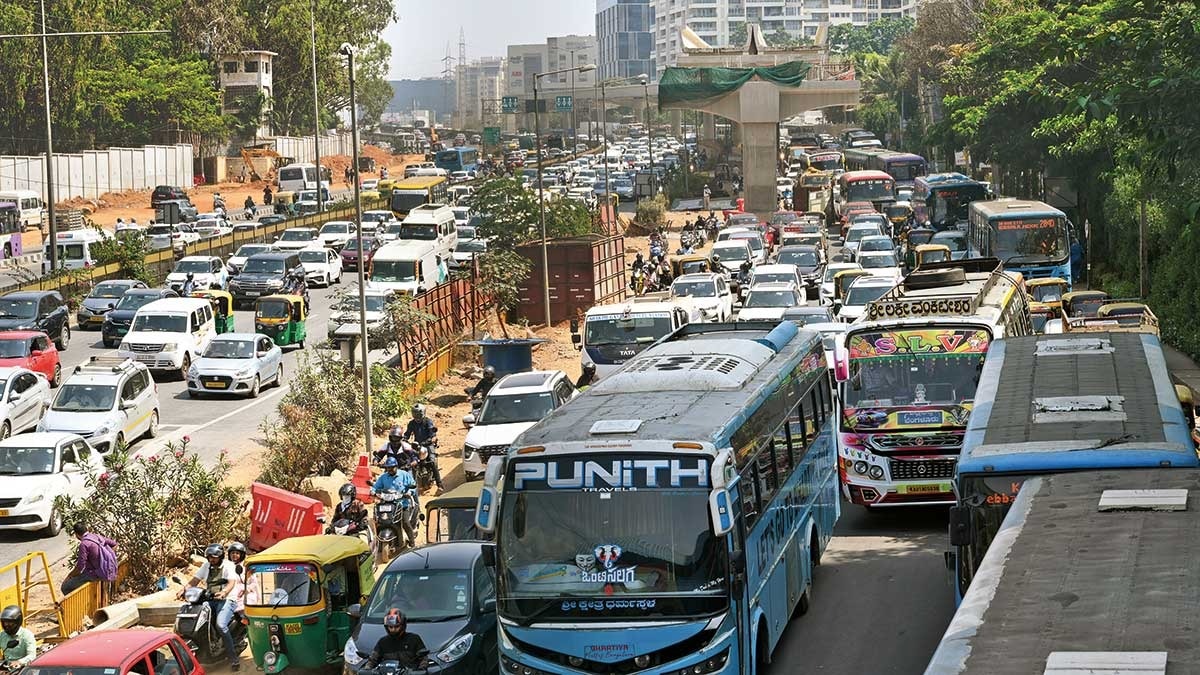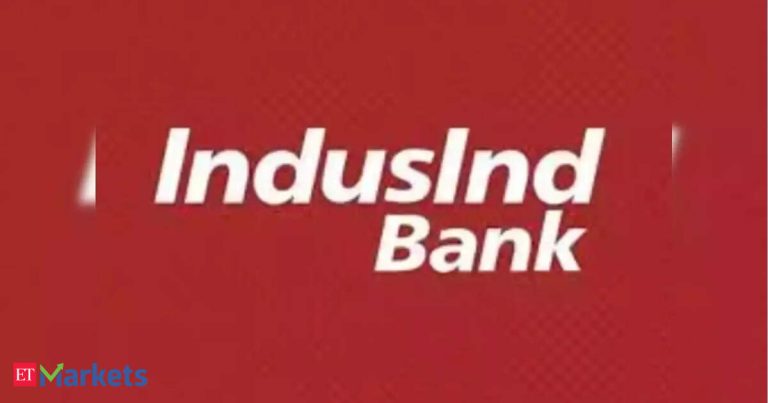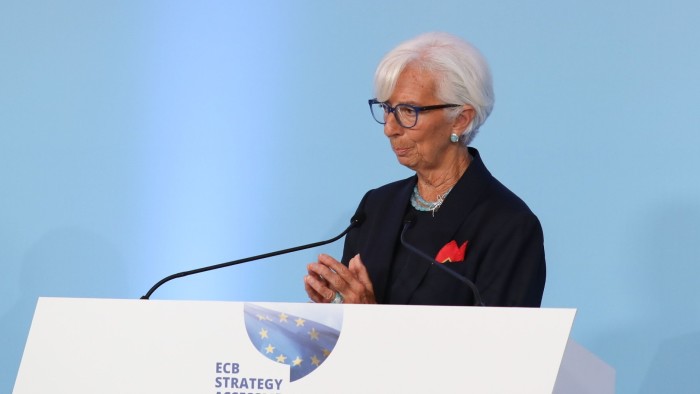Hotmail co-founder and Indian-American entrepreneur Sabeer Bhatia has reignited Bengaluru’s long-running traffic debate with a blunt post on X, calling the city’s congestion “insane” and questioning how residents manage it daily. The remark has sparked both support and backlash from locals, adding to a growing chorus of frustration over the city’s worsening gridlocks.
“I know Bengaluru folks may call this negative… but the traffic here is INSANE. I ride the same distance on my bicycle in 1/3 the time in the Bay Area. How do people tolerate this every day?” Sabeer Bhatia posted on X.
Bhatia’s comment drew immediate attention online, with many netizens weighing in. While some echoed his concern, others took issue with the comparison to U.S. cities.
One user pointedly asked, “Can you go on a bike to Oakland in the Bay Area after 5 PM? In Bengaluru, people can travel even to Mysuru at midnight and return safely. Try that in Oakland without fearing for your life.”
Others took a more systemic view, saying traffic woes are part of a deeper governance failure. “There’s no use complaining. Our government cannot solve even the most basic urban issues. If you really want to help, start creating companies in smaller cities instead of congesting the metros. That’s the real way India can grow,” read another reply.
Some users described how they’ve restructured their lives to cope with the daily chaos. “We’ve just adapted,” said one resident. “I live near a metro station. My wife’s office is a kilometre away. My kid’s school is even closer. I pay a premium for that location, but it’s worth it.”
Another post reflected on how commuting conditions have deteriorated post-pandemic: “Before COVID, my office was a 20-minute walk or a 10-15 minute bike ride. Even a cab would take just about 20-40 minutes, depending on traffic. Now, it’s worse than ever.”
Bengaluru’s traffic snarls, especially on key routes like the Outer Ring Road, have become a symbol of the city’s growing infrastructure crisis. Despite being India’s tech capital, the city’s rapid urban expansion has outpaced its public transport and road planning, making everyday travel a test of patience.






